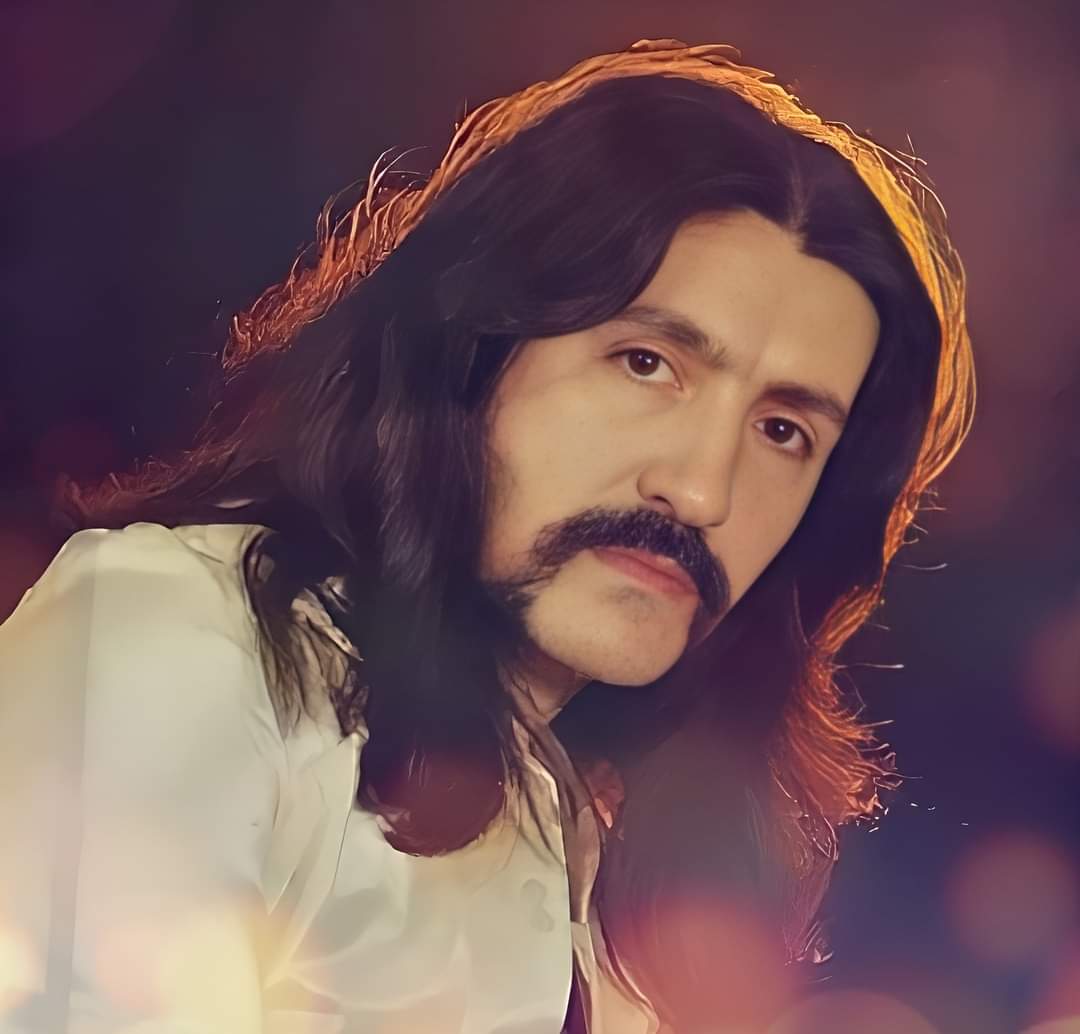
Barış Manço (Mehmet Barış Manço [Barish Mancho], 02.01.1943 – 01.02.1999) was a genial Turkish musician, poet/lyricist and singer, one of the founders of Anatolian Rock and modern Turkish rock. Also he was known as a television producer and show host (Turkish channel TRT).
Manço was born in 1943 in Istanbul. His mother, Rikkat Uyanık, was a famous singer in the forties and a teacher at the conservatory. His parents separated when he was 3 years old, he stayed with his father, the main role in his upbringing was played by his grandmother, his father's mother. Subsequently, he dedicated two songs to her. He had an older brother, Savaş (in Turkish, Savaş means war, and Barış means peace, so the brothers were named like the Tolstoy's novel). It is very likely that a lonely and troubled childhood without a mother played a role in the deep mood of his lyrics. Already in adulthood, he independently became close to his mother - she, a musical person, gave him important advice. Surely, it was she who made his voice sound so incredibly charming and warm.
Manço received his secondary education at the elite Istanbul Galatasaray Lyceum. As he later recalled, his inclinations were purely humanitarian, towards literature and languages, while mathematics, physics and chemistry did not suit him. He was forced to study by his older brother, whom he was afraid of. He also had a higher education, he graduated from the Royal Academy of Fine Arts in Belgium, in Liege, in the class of graphics and design. In his youth, he lived in Belgium, traveled around Europe and recorded his first songs in English and French. I don't like the English ones at all, but there are good French ones. His future seriousness is already visible from them. They were reissued later, many after Manço's death. I would single out Le Ravin (The Hole). Another of the early ones, I really like Fil ile kurbağa (Elephant and Frog).
In 1966, he was in a car accident that left him with a scar on his face. To hide it, he began to wear a mustache.
In the late 1960s, he formed several short-lived bands, and much of his musical style was then an imitation of American rock 'n' roll.
At that time he found his image, which for Turkey in the 60s was a bit extravagant. He had very long hair, a huge number of rings, bracelets, chains and other jewelry, bright clothes with long capes, during performances special plasticity and gestures. He could hardly be regarded masculine. As one Turkish journalist said, "he didn't emphasize his masculinity" (as far as I know, he was never gay). Several times he was threatened for his long hair, but he did not surrender.
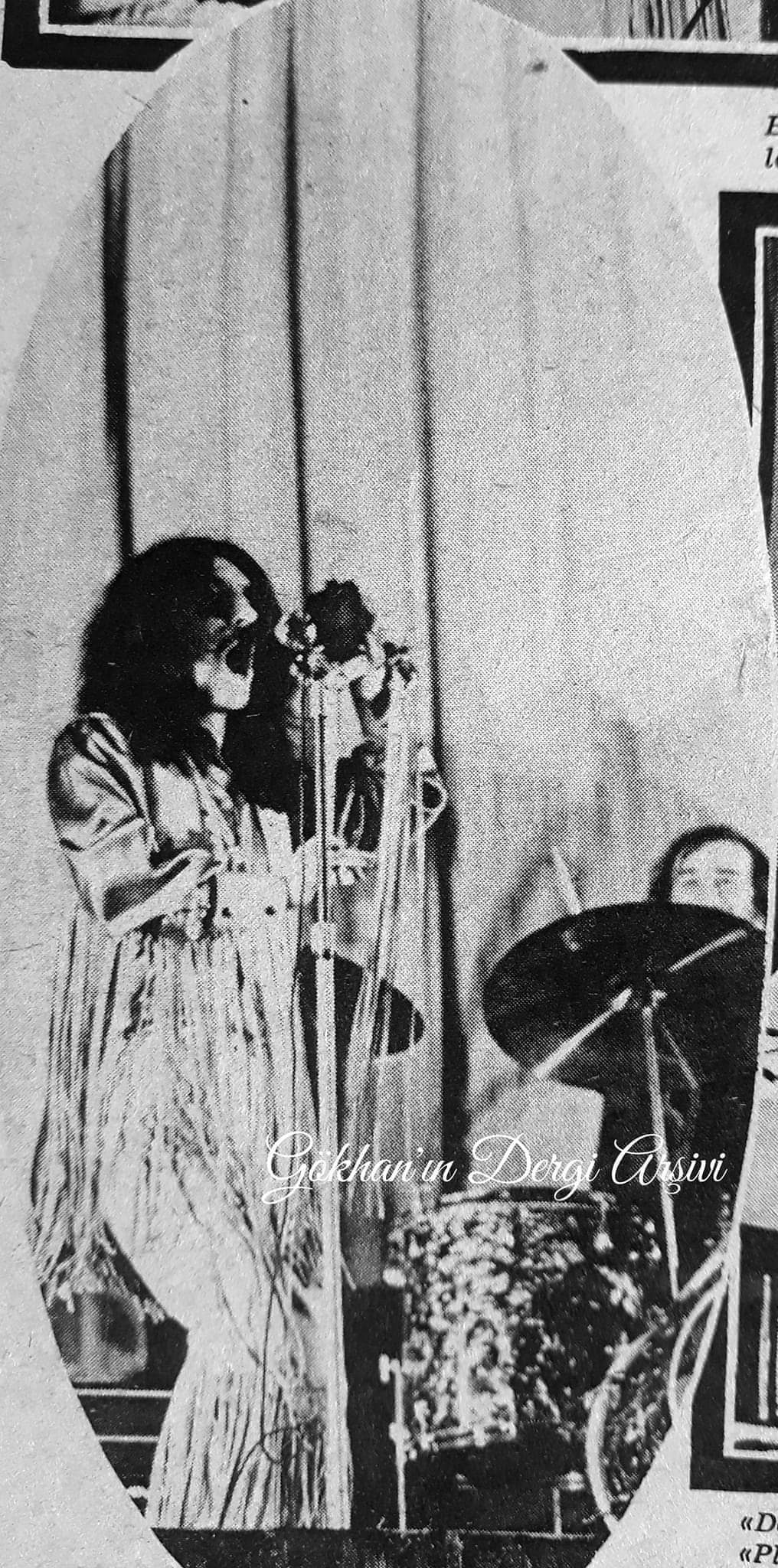
In the early 70s, he served in the army (as an officer, since he had a higher education). After the army, the farther the more he became a pacifist.
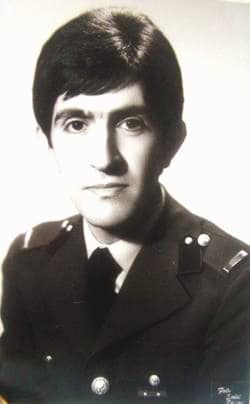
The real beginning of Manço's musical creativity is 1970 and the song Dağlar dağlar (Mountains, mountains), which immediately became very popular upon release (it was known even in Belgium). With it, Manço joined the Anatolian rock and became, together with Cem Karaca, its brightest representative.
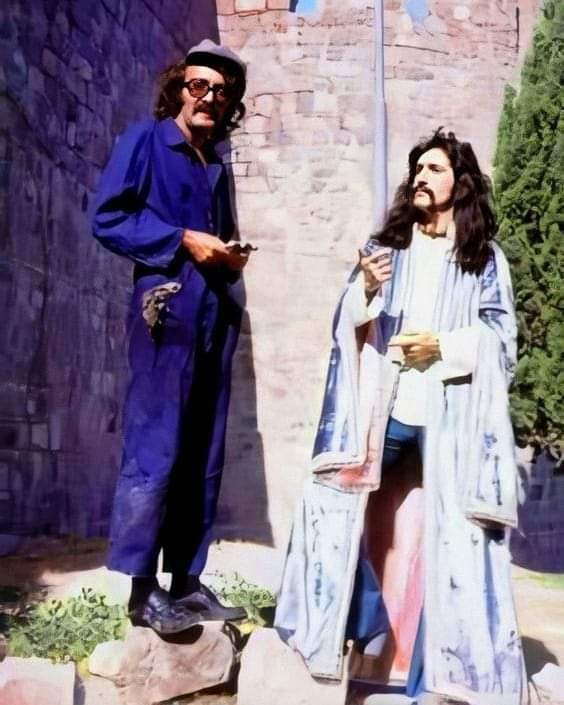
(Left - Cem Karaca)
Another Manço's hit of that period was the deeply touching Kol düğmeleri (Cufflinks), which he later reissued many times in new versions. In the same years (1965-1970), singles with English and French songs were released, which, however, did not have much success (the French Il arrivera (It will come) was reissued under the name Ce sera le temps (The time will come) and became famous later).
In the early 70s, Manço collaborated for some time with the Moğollar (Mongols), another famous founders of Anatolian rock. With them he releases the singles Işte hendek işte deve (Here is a trench, here is a camel) and Binboğa'nın kızı (Daughter of Binboğa), both of which were quite famous.
In the same years, he plunged into the element of psychedelic rock (I think he smoked cannabis). At the same time, he also makes Anatolian adaptations of Turkish songs. Some critics even consider Anatolian and psychedelic rock to be synonymous, which is not the case, but both were made by the same people (primarily Manço and Mongols, Cem Karaca and Erkin Koray to a lesser extent).
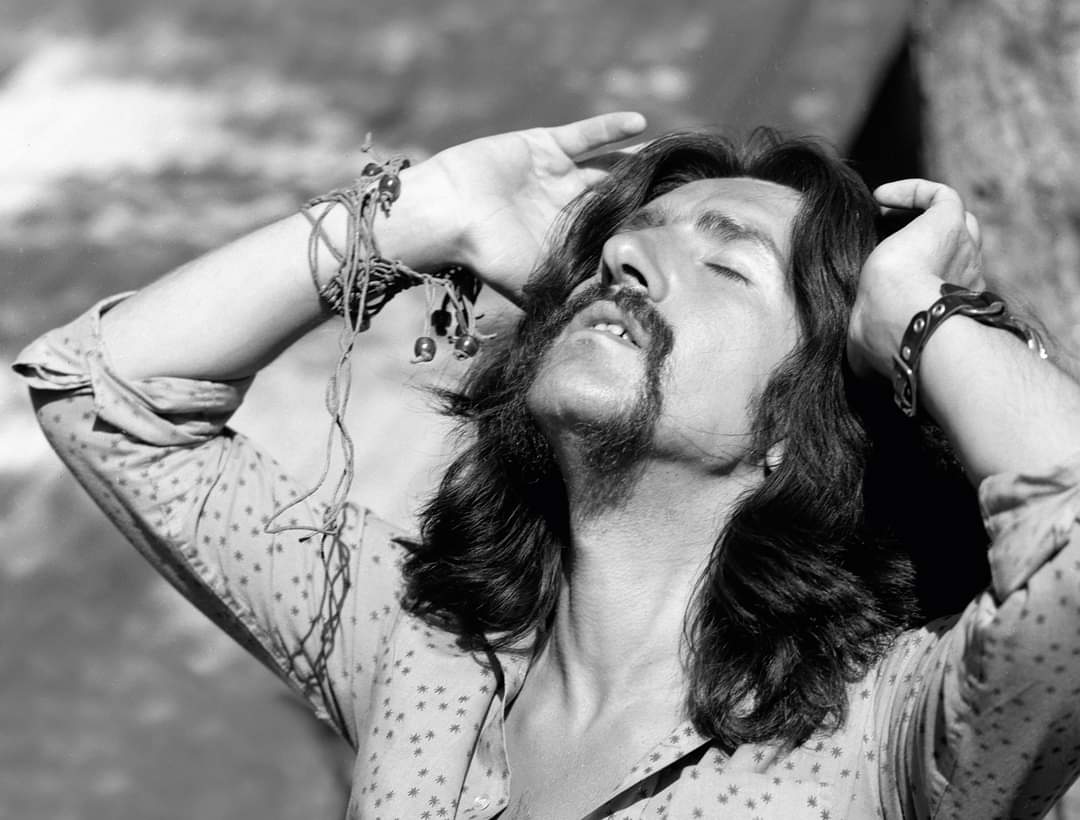
In 1971, the album Dünden Bugüne (The Retrospective) was released, which did not have much success. The Anatolian sound is obvious in it, the psychedelic sound is not very much. Kol Düğmeleri (Cufflinks), İşte Hendek İşte Deve (Here is a trench, here is a camel), cheerful Anatolian rock and roll Seher Vakti (In the Morning), as well as the classic song by Aşik Veysel with lyrics by Pir Sultan Abdal Katip Arzuhalim (difficult to translate, approximately "My written statement addressed to the official").
In 1972, Manço began to collaborate with the Kurtalan ekspres group, which continued until his death. Officially, it was an independent group, and not a team accompanying Manço, and sometimes performed without him. After Manço's death in 1999, the Kurtalan Ekspres released recordings of his songs performed by other vocalists (which I wouldn't do if I were them).
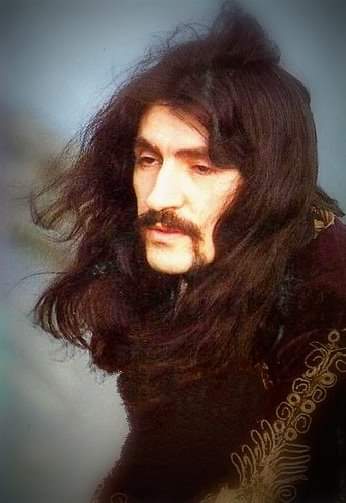
1975 is the year of the great album 2023. It contains several Anatolian pieces, one absurdist Acıh da bağa vir (the title cannot be translated) and, most importantly, the magnificent suite Baykoca Destanı (The Saga of Baykoca). It includes two instrumental numbers and 2 songs Gülme ha gülme (Don't laugh, don't laugh) and Vur ha vur (Beat, beat - it is Manço's only militaristic piece, which is due to the fact that Baykoca is a historical character, a soldier). Both songs he then shifted to other words and released later. The suite has a very clear Pink Floyd influence.
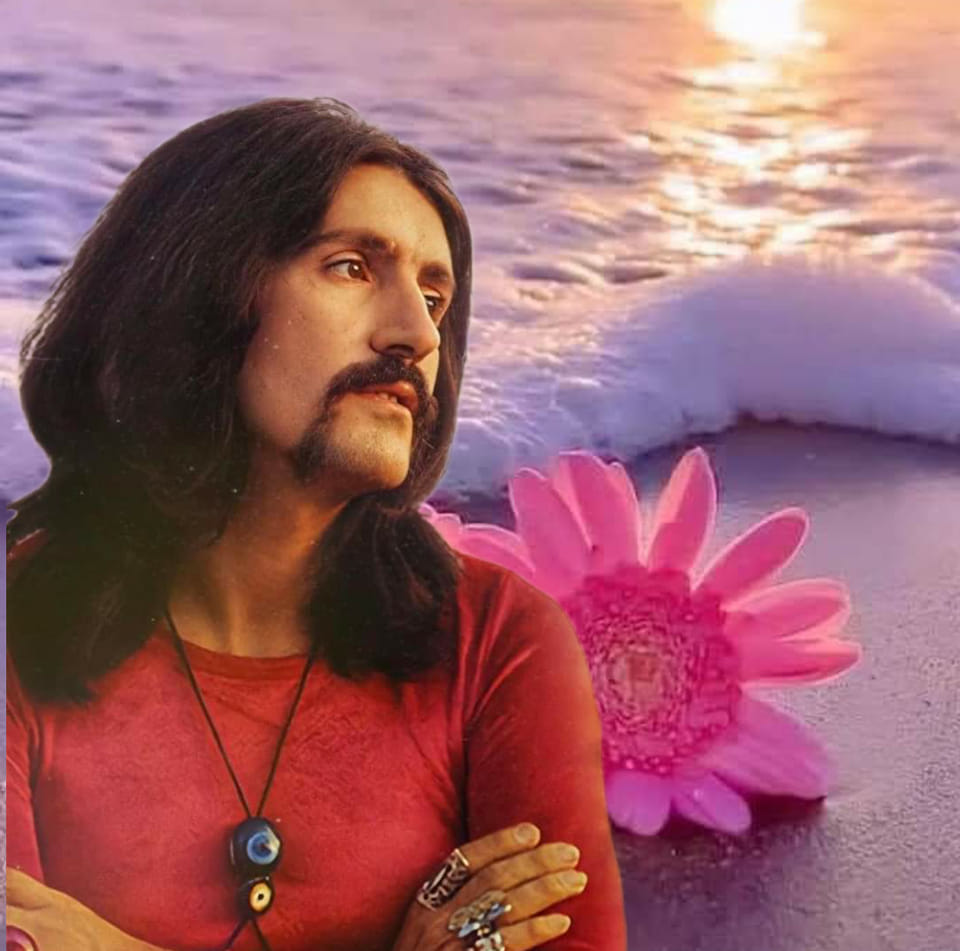
In 1976, a collection of his English things was released, which was intended for the foreign market and was called Baris Mancho. I don't like it, but Nick the chopper from there was quite famous.
In 1977 there was an album Sakla Samanı Gelir Zamanı (this is a Turkish proverb: Do not throw things, you may need it). It contains several typical Anatolian things, the most famous of which is Ben Bilirim (I know). Gamzedeyim (approximately: I am suffering) and Gönül Dağı (Heart Ache) are not his pieces, but of classical Turkish ashiks. Lambaya Püf De (A blow on the lamp) - too, but it is completely absurd, so he apparently played with it. His own there is Ölüm Allah'ın Emri (Death is the command of God). I really like it, although the music is quite discreet.
In 1978, Manço got married and for several years pointedly emphasized that he had a happy family, that he loved his children very much, and so on. As for happiness with his wife (he recorded one thing reminiscent of the screams of Lennon and Yoko Ono), the future was not so good. He named the children interestingly: Doğukan and Batikan - Eastern blood and Western blood, which symbolizes, in his opinion, that the West and the East are brothers. (In Turkey, people's names are very often given from some beautiful words of the language). It should be noted that marriage did not affect his appearance at all, he continued to wear long hair and extravagant robes. Only in the late period did he change his clothes, and the rings and long hair remained for life.
1979 is a very interesting album Yeni bir gün (Another Day), for some reason it was released in a small circulation, and all the best things were then re-released on collections. In it, firstly, ther is a the magnificent Sarı çizmeli Mehmet ağa (Mr. Mehmet in yellow boots). Everyone who is at least somewhat interested in Manço should listen to it, it is his very essence.

(I took a photo from the video of this song).
Secondly, one more suite, actually Yeni bir gün. It is made in an unusual way: it includes three thoughtful pieces Yeni bir gün, Ne köy olur benden ne de kasaba (I am neither a city nor a village) and Elveda Ölum (Farewell death). And they are broken by an insertion of a very bright brilliant melody Anlıyorsun değil mi? (You understand don't you?). The last one is a definite hit. The rest are subtle, deep.
In 1980, the album 20 sanat yılı Disco Manço was released, on which he processed several of his old well-known pieces, including Dağlar, dağlar, in a fast disco style.
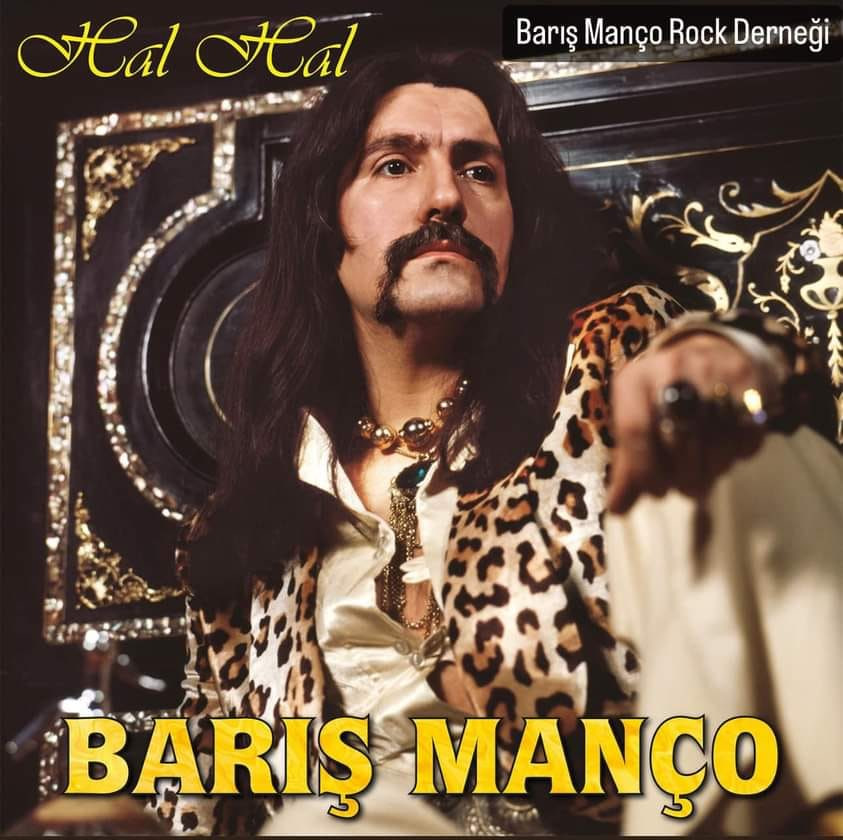
1981 is the year of his most famous, most powerful album Sözüm meclisten dışarı (this is a Turkish idiom meaning "I apologize for the expression"). The album opens with a cheerful and rather absurd little thing Adem Oğlu Kızgın Fırın Havva Kızı Mercimek (Adam's son is a red-hot furnace, and Eve's daughter is lentils). The song Ali Yazar Veli Bozar (Ali writes, Veli spoils) in music is very similar to Sarı çizmeli Mehmet ağa and is just as brilliant, and with the same amazing words. Arkadaşım Eşek (My Friend Donkey ) is often considered a children's song, but in fact it is not a children's song at all, incredibly heartfelt for adults too. The lyrical Gülpembe (Rose) is Manço's second most famous piece after Dağlar dağlar, dedicated to the death of his grandmother. Alla Beni Pulla Beni (Make me better, make me more beautiful) - too sweet for my taste, but many people like it. Dönence (Tropics) - a powerful rock song with dark words, also one of his hits. Cacık - Sözüm Meclisten Dışarı (Cacik - I apologize for the expression) is an absurdist recitative. HalHal (Bracelet) is an ingenious light and elegant piece, the quintessence of youth and joy of life, which Manço never managed to repeat later. This is his second song, which is impossible not to know for everyone who loves him.
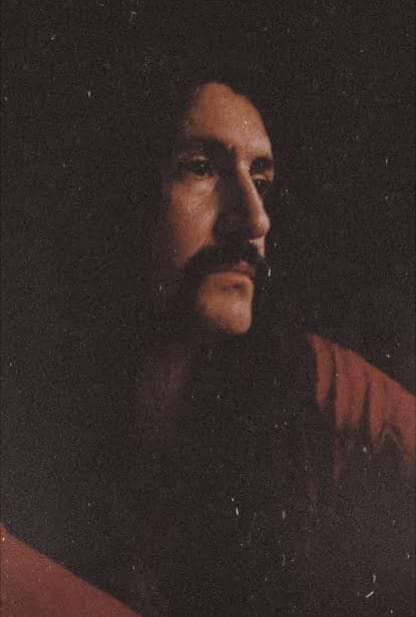
In 1983, the album Estağfurullah Ne Haddimize was released (approximate translation: No thanks - It's too much for us!). There are not many hits on it, but texts appear, which Manço will gradually become more and more: moral sermons, and eventually religious reflections. For example, such is Halil İbrahim Sofrası (Khalil Ibrahim's Table), Kazma (Spade/Fool), Eski Bir Fincan (Old cup). There is a new record of Kol duğmeleri. In an original way, he also processed a little thing by an unknown author Çıt Çıt Çedene - as they say, about cannabis.
1985 - Album 24 Ayar (24 carats). Manço's best, most harmonious period continues. There is a very interesting, at first glance charming, but in fact deep Bugün Bayram (Today is a holiday), deep religious Dört Kapı (Four doors), philosophical Abbas Yolcu (Traveler Abbas), light and warm Gibi gibi (It seems) - almost no worse than Halhal, as well as the sentimental Dut Ağacı (Mulberry tree).
The 1986 album Değmesin Yağlı Boya (Beware, it's dyed!) has the hit Unutamadım (I could't forget) and the famous Al Beni (Take me), both of which seem too sweet to me. But Olmaya Devlet Cihanda (No state in the world) is an excellent sermon, without pressure, with pleasant humor.
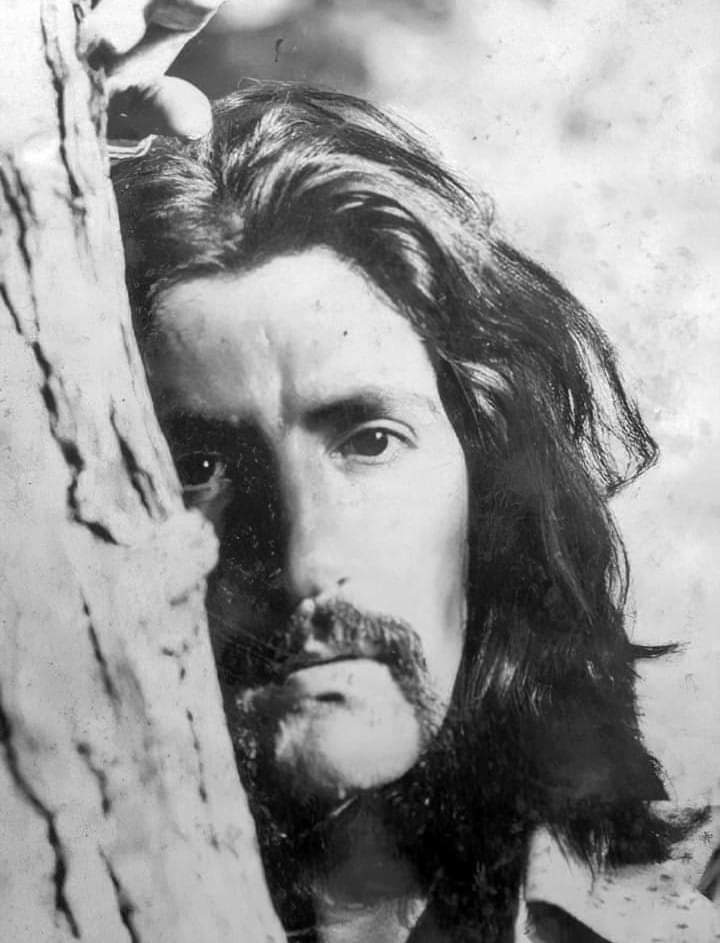
Further, apparently, Manço gradually began to become depressed, a turning point was outlined, sad, and then very serious things began to appear. Ful Aksesuar '88 Manço Sahibinden İhtiyaçtan (rough translation: Set 88 from both wealth and poverty) also features his usual lively energetic melodies, such as Anahtar (Key) and Nane Limon Kabuğu (Mint, lemon peel) , and the typical sermon of Ahmet Bey'in Ceketi - as he could, both morality and gentle humor. And at the same time - Ömrümün Sonbaharında (In the autumn of my life), the first of a set of his late, heavy pieces.
The same on the album Darısı Başınıza (What we wish you too). There's the lively, mentally healthy Domates Biber Patlıcan (Tomatoes, Peppers, Eggplants), the somewhat manic Kara Sevda (Hopeless Passion), the anti-war Günaydın Çocuklar (Good Morning Children) with a bright hit tune (one critic exactly remarked: Paul McCartney-like) - and there are full of despair Hatırlasana (Remember) and Hayır (No). Hatırlasana is, perhaps, the most ingenious thing of his in general, this is some kind of the very heart of his work. By the way, after this album, Manço was awarded the government title of "State Artist of Turkey". Apparently, some official listened to Hatırlasana and shed a tear.
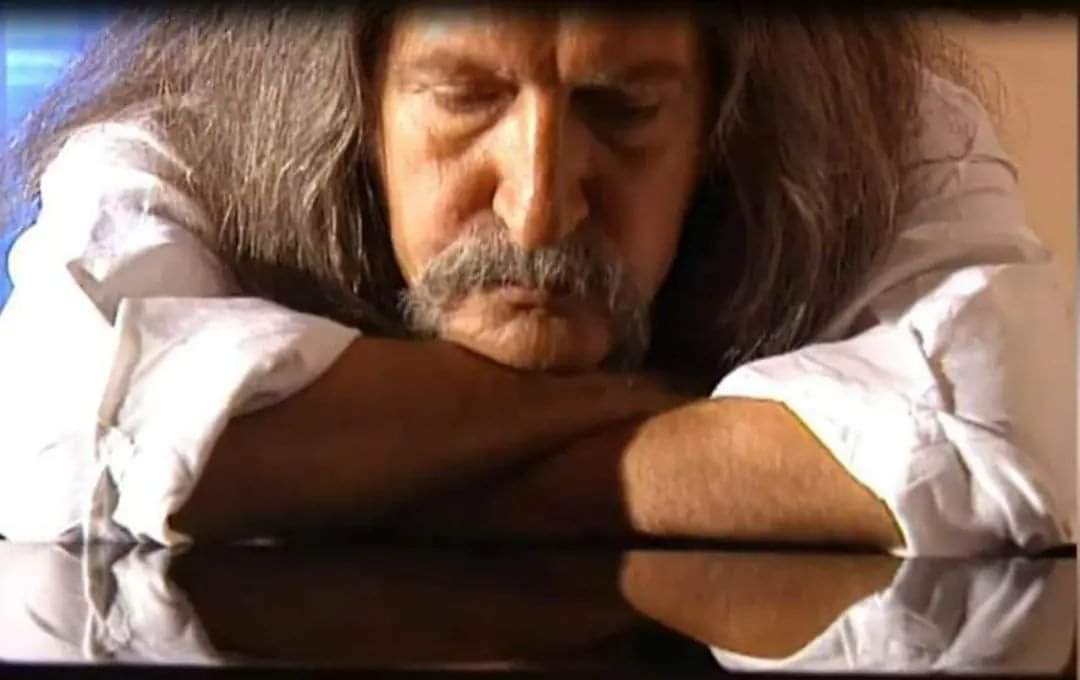
The 1992 album Mega Manço is even sadder, although it contains the internationalist (and pacifist, of course) slogan of the late Manço - the song Hemşerim Memleket Nire (Where is your homeland, friend?). I will note another sermon, this time of the Last Judgment, the song Dıral Dede'nin Düdüğü (Diral's grandfather's whistle is a euphemism for the archangel's trumpet before the Last Judgment). Also beautiful, but heavy is the song Allahım güç ver bana (My God, give me strength).
Finally, the last substantial album Müsaadenizle Çocuklar (With your permission, children) from 1995, which, as expected, received almost no fame, since the most brilliant songs from it, Beyhude Geçti Yıllar (Years passed in vain) and Benden Öte Benden Ziyade (Higher that me, more than me) - very heavy, by no means suitable for hits. The latter is also religious.
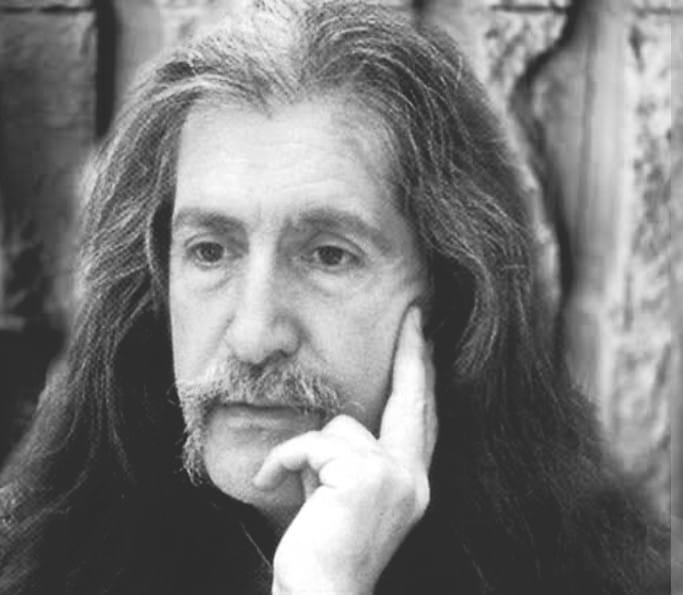
In 1995, the live album Live in Japan was released, one should not listen to it, but watch it on YouTube, there are live things there, and a very good recording of Benden Öte Benden Ziyade.
Then in 1999 there was another Mançoloji compilation, where he re-recorded many of his old hits in a new version, sometimes it got better (for example, Beyhude Geçti Yıllar sounded slower and even sadder), and sometimes worse (HalHal is an anthem of joy and youth, and her the new weighted version does not suit it at all).
It was about music, but his work on television should also be noted. Since 1988, he has hosted several weekly programs, including one for children. The most famous of these serial programs was 7'den 77'ye (From 7 to 77). There he talked about everything in a row, traveled to different countries and showed their life; or he could, for example, make a program about a museum or invite some interesting person to visit. There were ethnographic, and popular science, and documentary elements, and music, and anything. This program was very popular, so Barış Manço of the 90s in Turkey is, from the point of view of the audience, a TV presenter, not a musician. It was surprising to me that such a brilliant author left music, but apparently this was due to the depression mentioned above - he felt that he could no longer write as brightly as he did before. While his TV programs were good.
In 1999, Manço died of a heart attack at the age of barely 56. His funeral was a real day of mourning in Turkey. Throughout his life, he did not know how to save money at all and left behind a lot of debts.
Now streets, parks and even a ferry are named after him. Diplomas and dissertations on his work are defended in Turkish universities, articles are published in journals, etc.
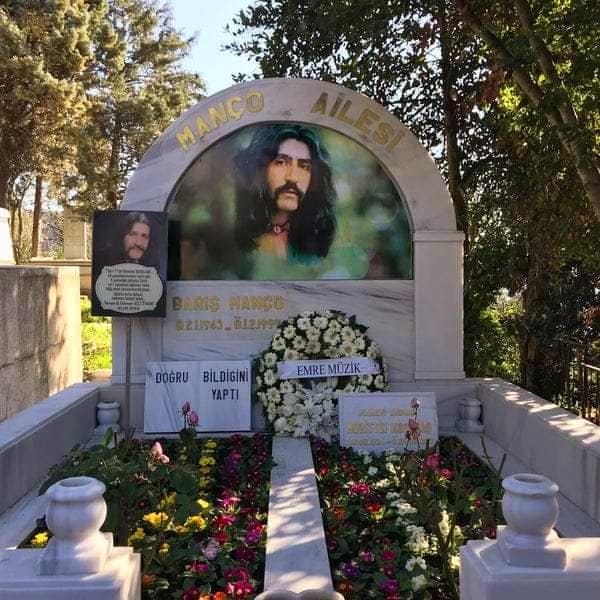
Sources of information and photos:
Turkish Wikipedia
Barış Manço mix
Allmusic
German Fan Club
A Group of Manço Lovers on Facebook 1
A Group of Manço Lovers on Facebook 2